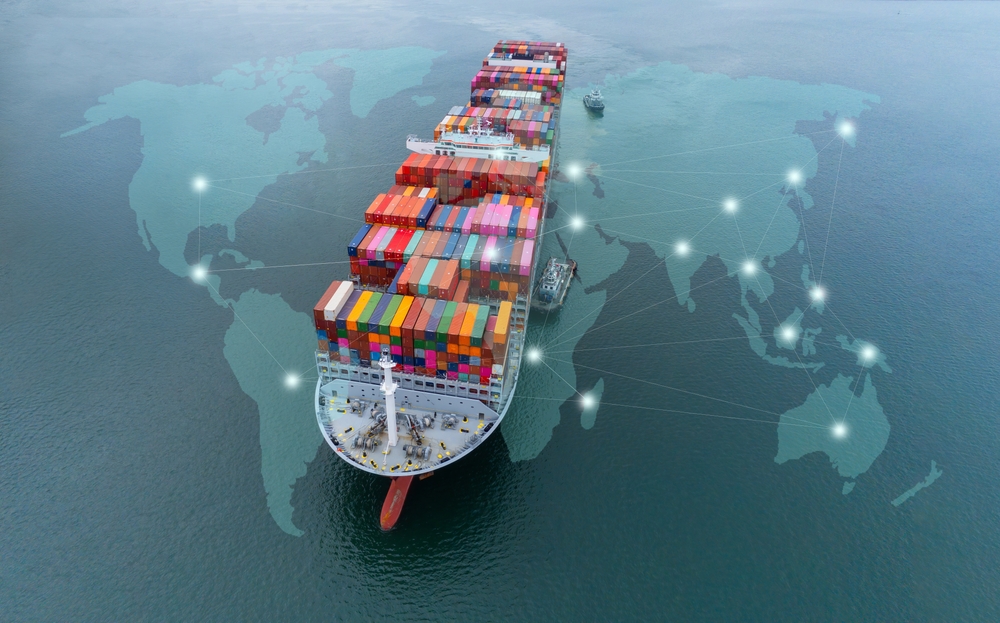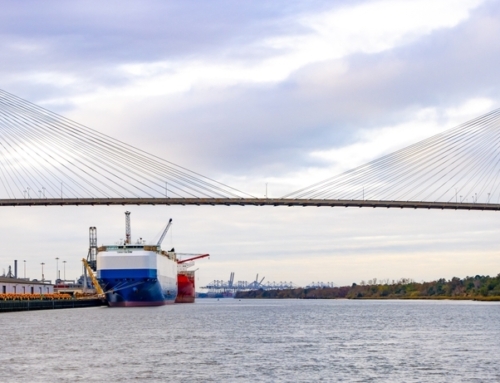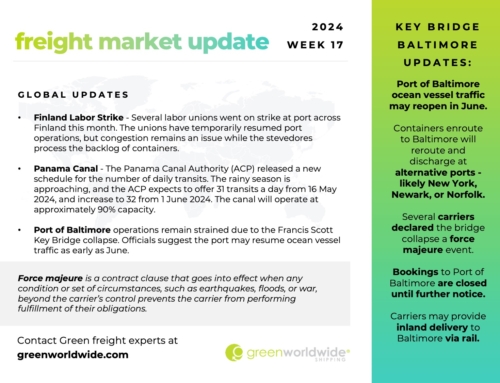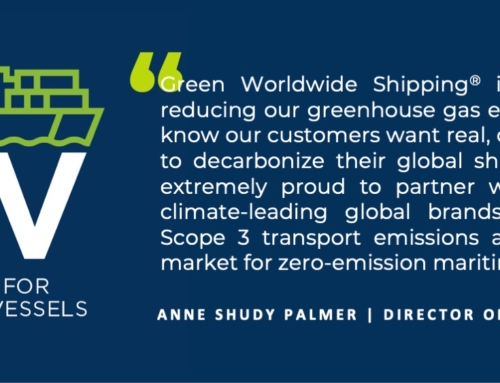The International Maritime Organization’s (IMO) Maritime Single Window (MSW) was designed to simplify and harmonize the documentation exchange process among shipping companies, ports, and government authorities. IMO’s approach aims to alleviate the burden of submitting vast amounts of information and documents, often through diverse agencies with their unique systems and paper forms.
IMPLEMENTATION DEADLINE LOOMS
In a decisive move in May 2022, the IMO voted to set in motion the implementation of MSW, effective January 01, 2024. A total of 128 member states participate in the IMO and 79 voted to approve the MSW. However, a noteworthy 49 IMO member states did not agree with the MSW requirements integrated into the Convention on Facilitation of International Maritime Traffic. Industry experts question the industry’s ability to implement MSW in early 2024 citing the cost and coordination required may be out of reach – particularly for developing countries.
Making MSW mandatory from 1 January 2024 is not only “a significant step towards accelerating digitalization in the maritime trade”, but also “an opportunity for all stakeholders in shipping, and a necessary step forward”.
Kitack Lim | IMO Secretary General
The mandate is expected to impact shipping processing including:
Efficiency and Digitalization: By introducing electronic exchanges between ships and their respective ports, the MSW promotes efficiency and accelerates the digitalization of the shipping industry. This move away from manual, paper-based processes enhances overall operational efficiency.
Global Trade Facilitation: The harmonization of documentation processes reduces barriers to international trade. Standardized procedures and digital exchanges contribute to a more seamless flow of goods across borders, benefiting both governments and the business community.
Competitiveness of Ports: States that implement the MSW system stand to enhance the competitiveness of their port facilities. Failure to adopt this digital platform may render ports less competitive, as manual clearance processes become less attractive compared to the streamlined efficiency of MSW.
Cost Considerations: The manual handling of documentation incurs significant compliance costs for both governments and businesses. The MSW mandate, by encouraging digitalization, aims to reduce these costs, making international trade more accessible.
Preventing Rate Increases: The potential for increased administrative burdens with manual clearance provides shipowners with the opportunity to raise shipping rates. The MSW mandate acts as a safeguard against such practices, ensuring that traders are not unduly burdened with higher shipping costs.
INTERNATIONAL MARITIME ORGANIZATION (IMO)
The International Maritime Organization is a specialized agency of the United Nations which is responsible for measures to improve the safety and security of international shipping and to prevent pollution from ships. It is also involved in legal matters, including liability and compensation issues and the facilitation of international maritime traffic. It was established by means of a Convention adopted under the auspices of the United Nations in Geneva on 6 March 1948 and met for the first time in January 1959.
Stay up-to-date on freight news with Green’s Weekly Freight Market Update by following us on Facebook, Instagram, and LinkedIn. For continuous updates, make sure to check out our website at greenworldwide.com.






